Blog
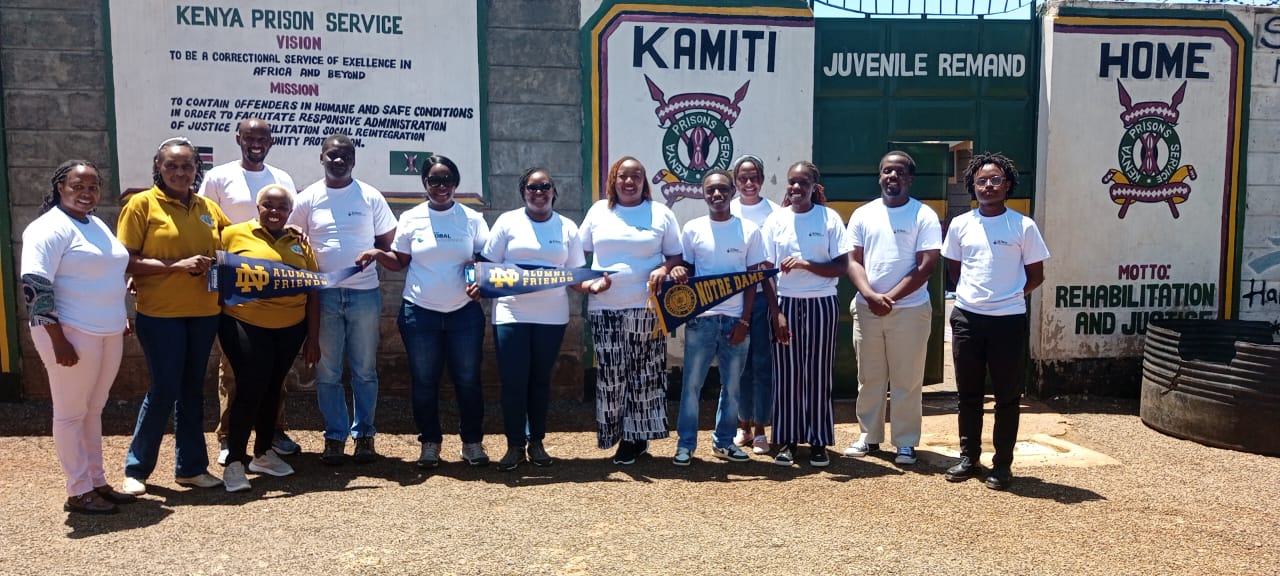
The Kunguro & Mururu Stories: Inside a Borstal’s Journey of Redemption
Based on the heartfelt testimonies shared by the girls at Kamae, it became clear that more than 90% of the crimes committed by children aged 13–18 stem from deep-rooted family issues. Whether it was separation, neglect, loss, or lack of guidance, their stories echoed a painful truth: when the family structure breaks down, children are left vulnerable—and often end up in conflict with the law. I only wish I could capture all the testimonies shared—they were powerful, raw, and deeply moving.
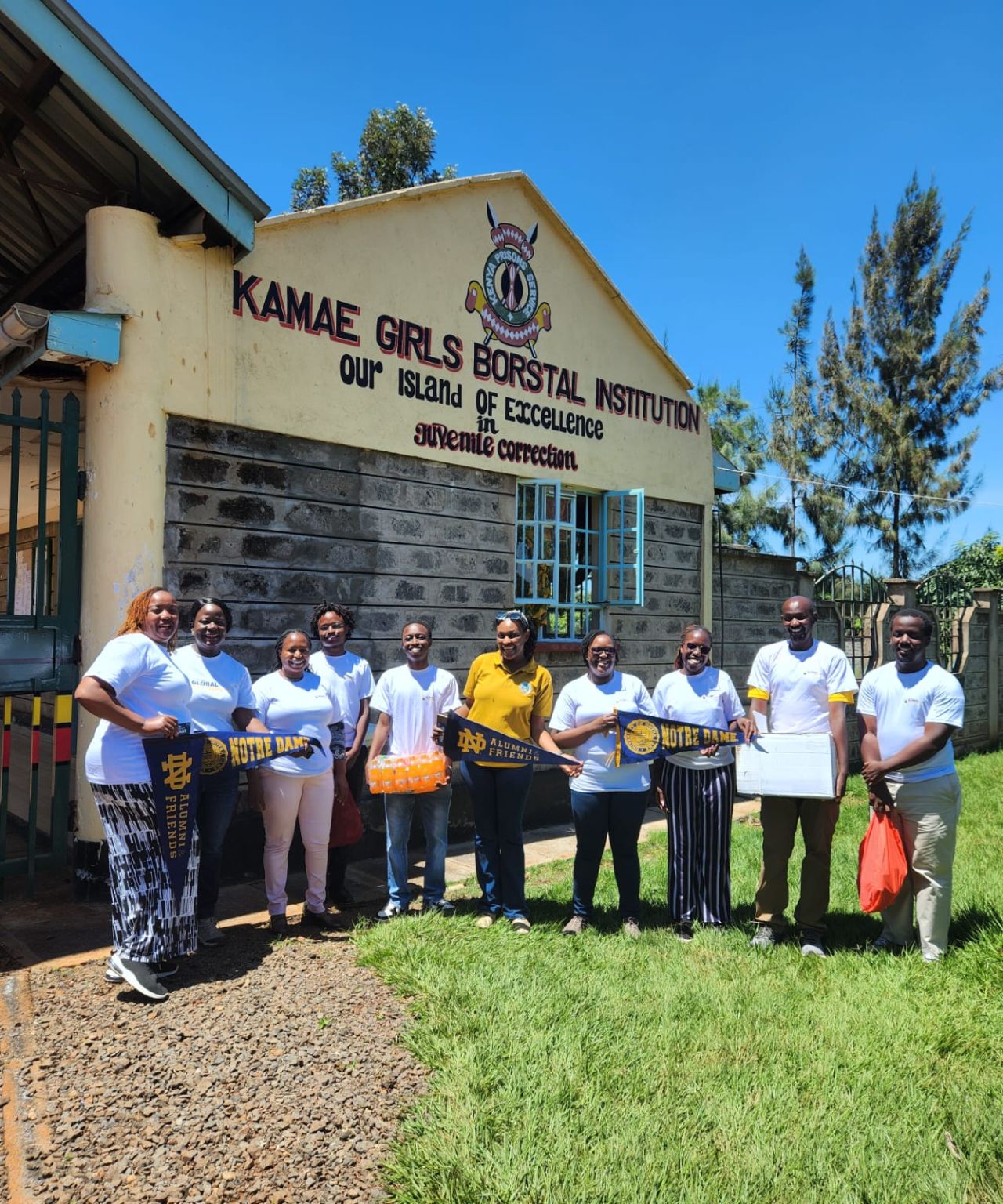
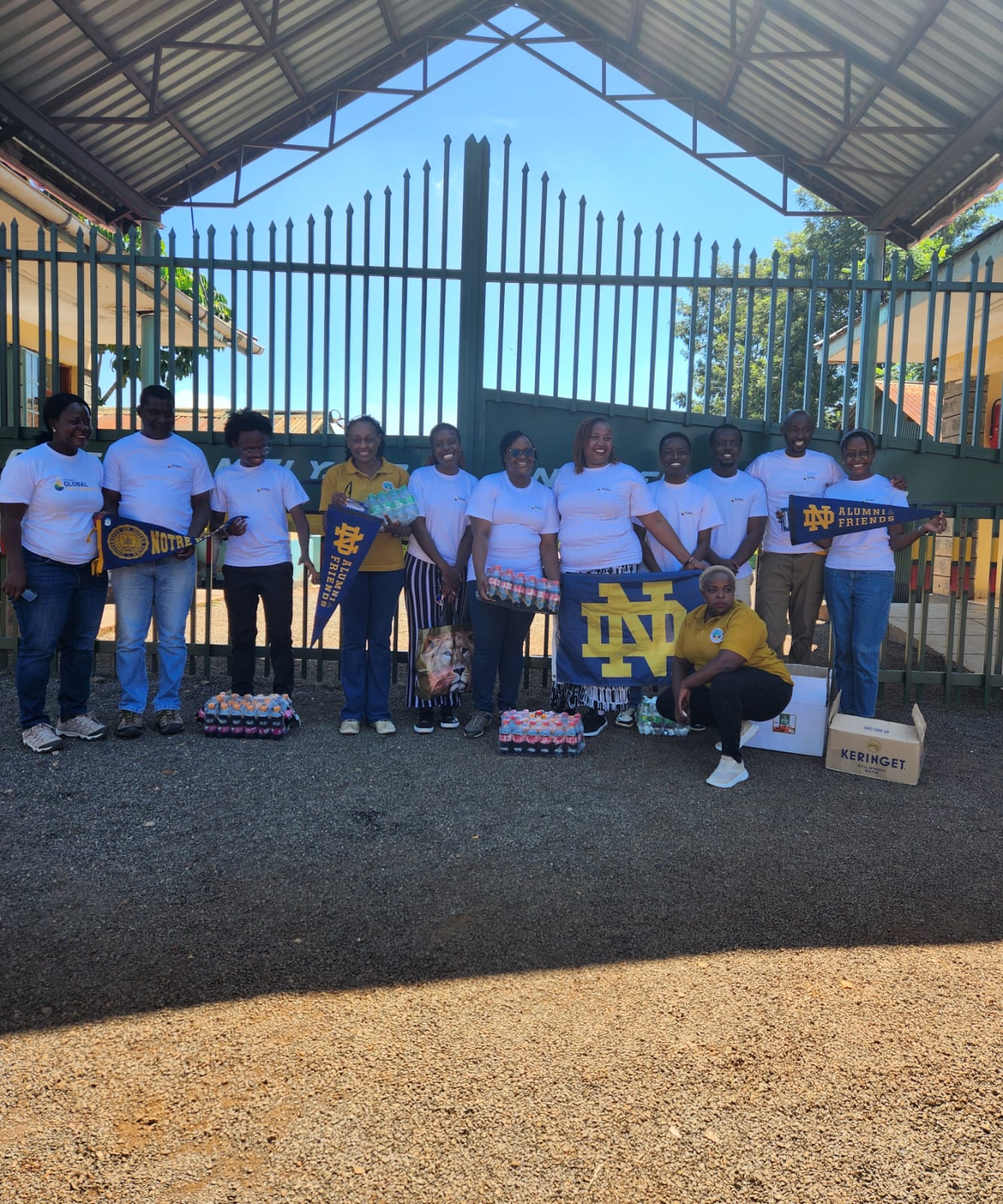
Over the weekend, JUSTICE NEST, in partnership with @ Notre Dame University, visited (YCTC) as part of the Global Day of Service. We had the opportunity to listen to the moving stories of young girls who have found themselves in conflict with the law due to circumstances beyond their control.
Pretty’s story is one of heartbreak and confusion. After her parents separated, she found herself caught in the middle of their conflict. Not wanting to choose between them, she stayed neutral, feeling lost and uncertain. Eventually, she went to live with a friend who introduced her to drug peddling. It wasn’t long before she was arrested and taken to Kamae Girls’ Borstal Institution.
Beauty’s story is no less painful. After losing her mother, her father showed little concern for her wellbeing. Watching her friends live seemingly glamorous lives sparked curiosity, and she was soon drawn into selling nicotine. Not long after, she too was arrested for drug peddling.
These are just a few of the many stories we encountered. Tabby, one of the girls, offered this advice to parents: “Please listen to your children. Give them guidance and support instead of violence. When we feel unheard and unsafe at home, we run away—and sometimes, that road leads to crime.”
It was deeply moving to hear the girls speak about their journey of transformation. Many shared how they’ve reformed and proudly declared, “Wamechorea crime, na crime si poa” (They have left crime behind, because crime is not good). They acknowledged that they could have handled things differently—but they have learned and are ready to start anew.
At Kamae, we learned that the girls call their uniform Kunguro, and their eating utensils which serves as a plate, tumbler, and cup—Mururu. Interestingly, the “spoon” is their own hands. The pride with which they shared this was both humbling and heartwarming.
This experience was truly one in a million. We look forward to walking this journey with these young ladies—because they are the leaders of tomorrow.
Author: Wangari Wachira

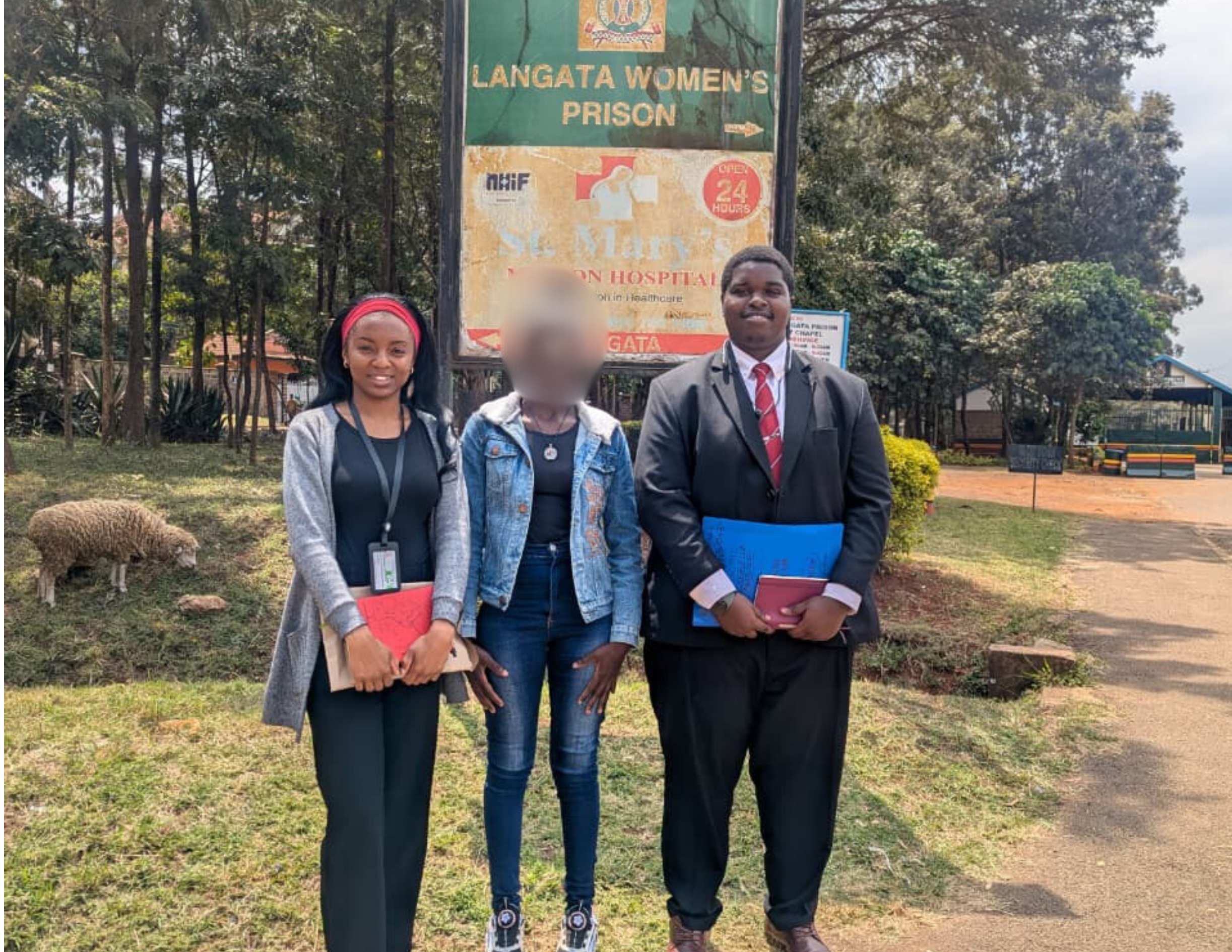
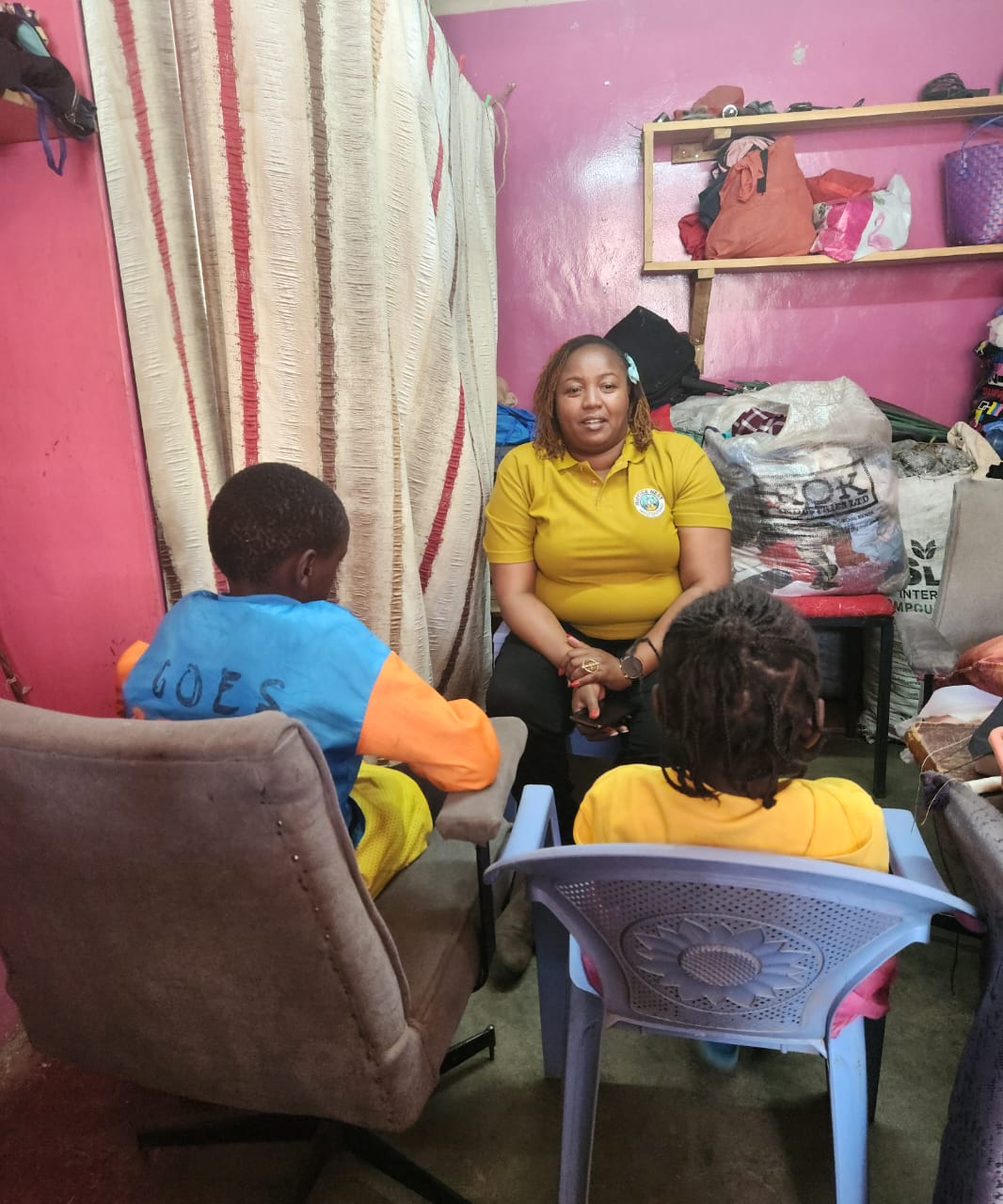
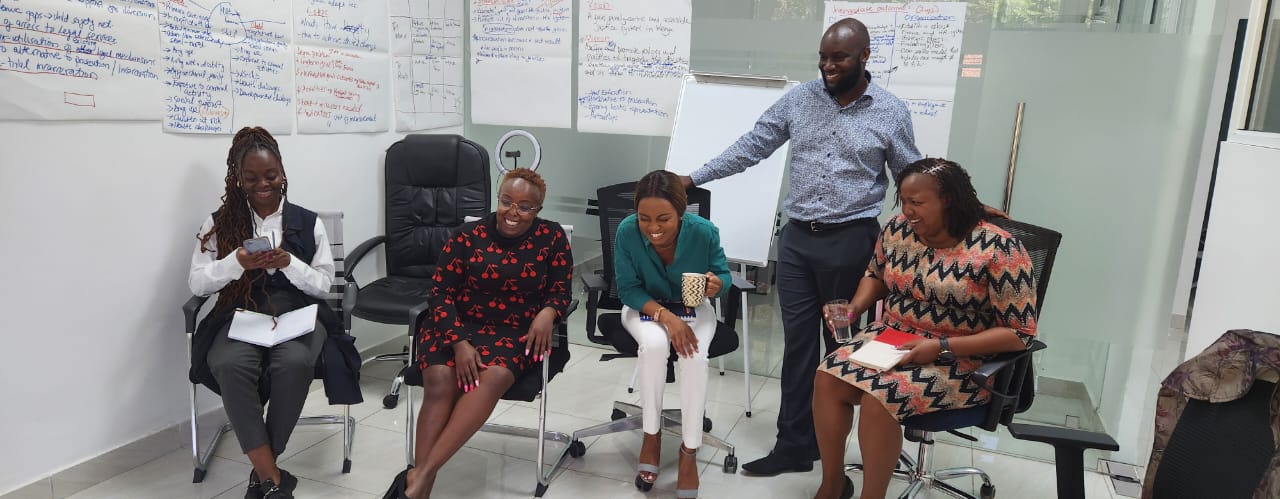
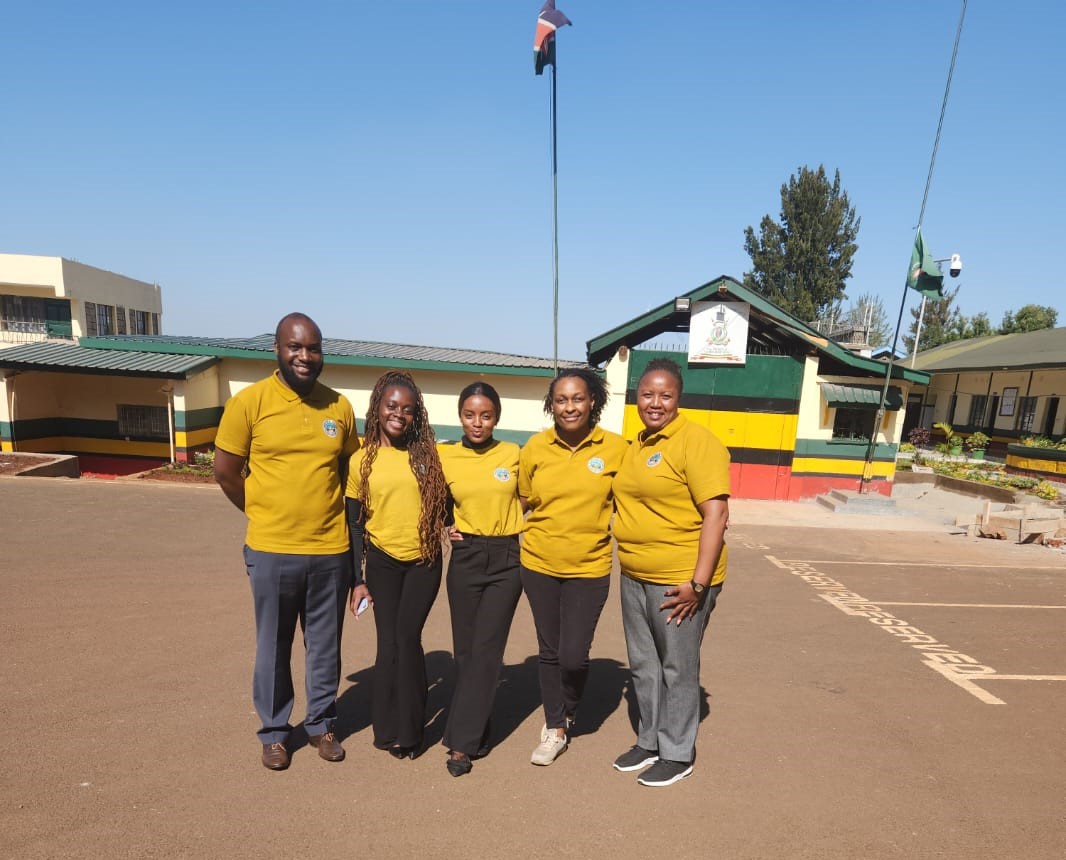
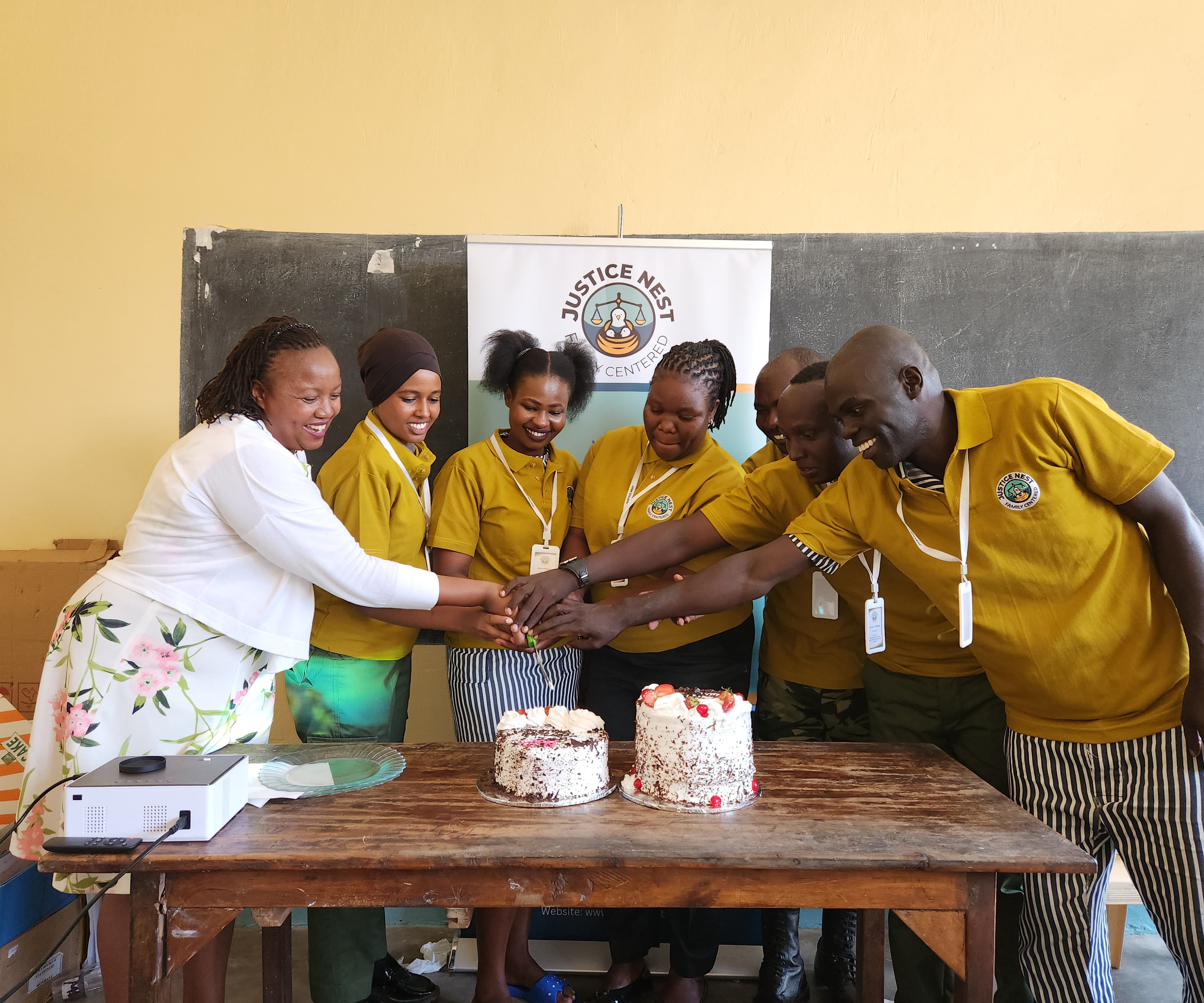
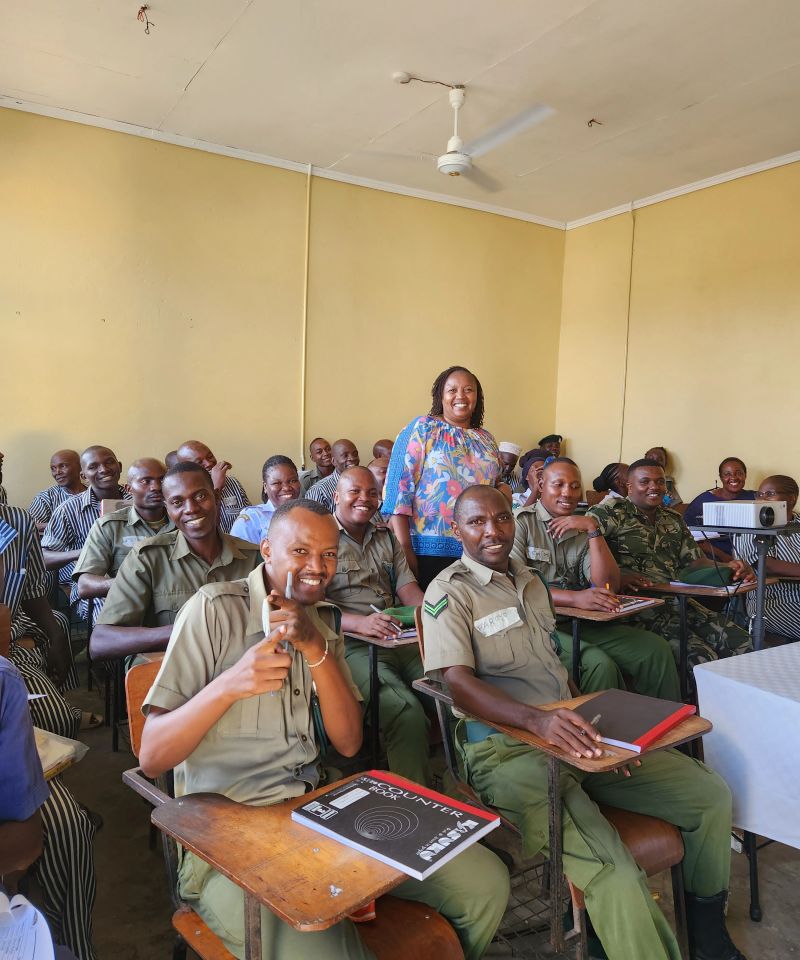
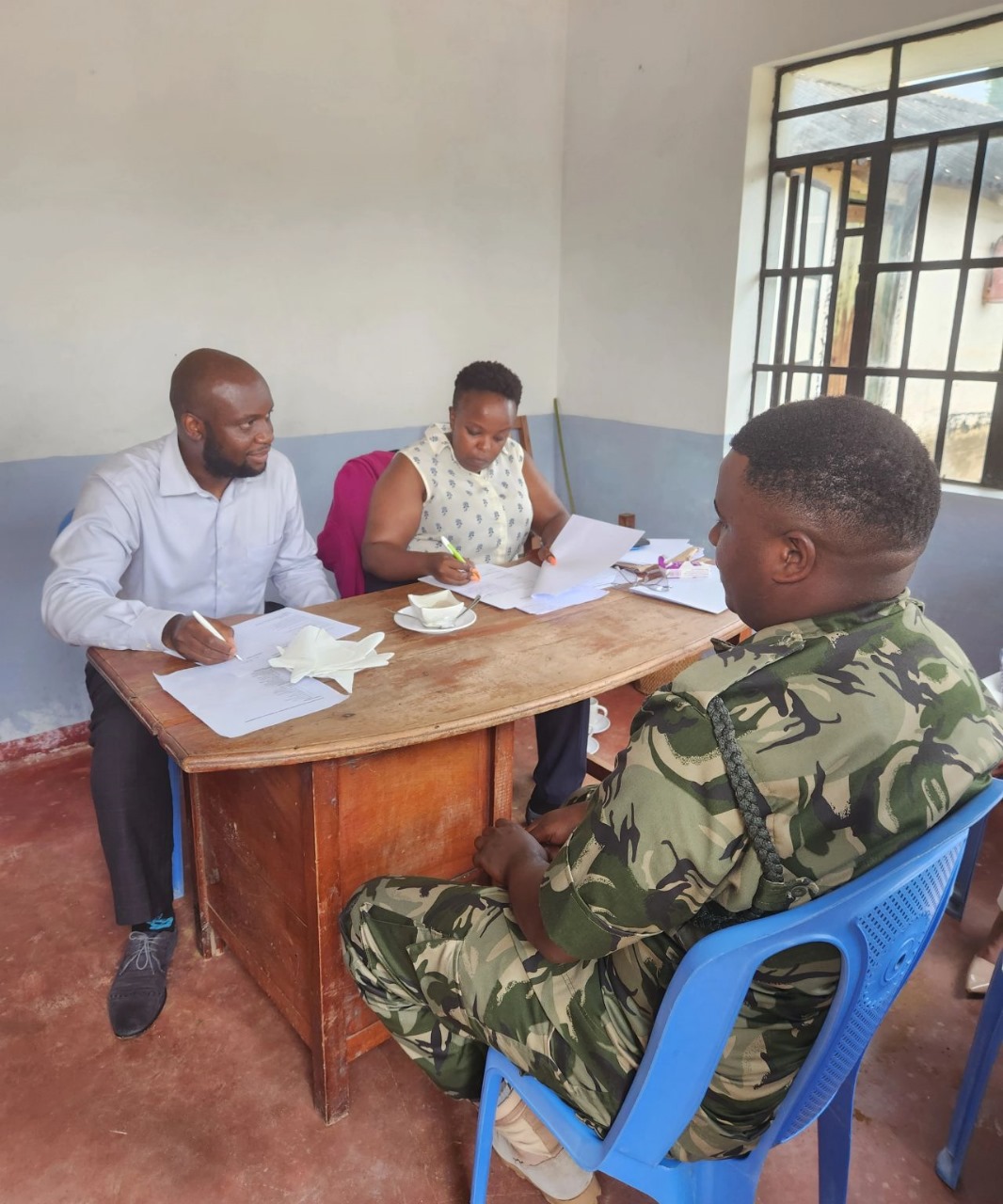


Leave a comment